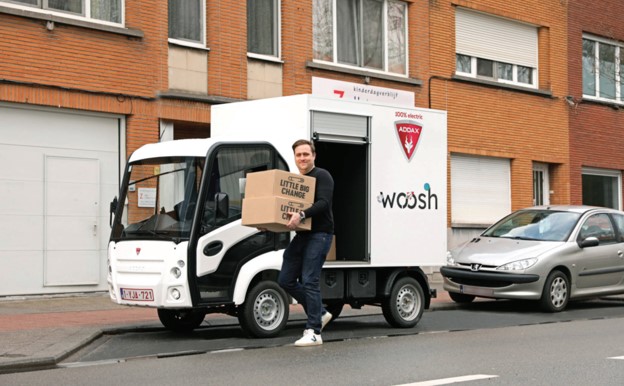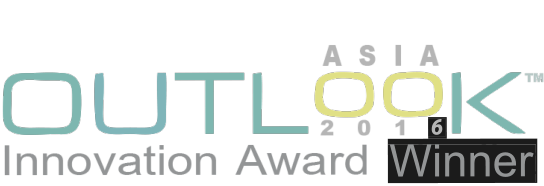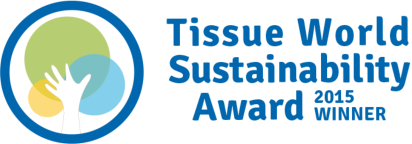Localised solutions to a global issue
European initiatives continue to explore potential small-scale responses to the problem of diaper waste.
Adrian Wilson reports
On 30 August this year, the Daily Mail ran a story claiming that a levy on disposable diaper brands was being planned by the UK government. The claim was quickly denied by DEFRA (the government’s Department for Environment, Food and Rural Affairs), but it is not the first time a possible response to the problem of diaper disposal has been raised by ministers, and the UK’s policy makers are not alone in recognizing the need to somehow address the issue. Baby diapers escaped the new measures imposed by the European Union’s Single-Use Products Directive (SUPD), but feminine hygiene products – which share many of the attributes of baby diapers in terms of material construction – did not. And there is every chance the initial list of products it targets could be expanded in the future.
Components
Absorbent hygiene products (AHPs), including baby diapers, femcare products and those for coping with adult incontinence (AI), are all currently based on petroleum-derived synthetic fibres, primarily spunmelt polypropylene (PP), polyethylene (PE) or polyester (PET), in combination with varying degrees of wood pulp, superabsorbent polymers (SAPs) and elastics. The recycling of synthetic fibres like PP and PET as well as all other pure components of AHPs – SAPs, wood pulp and elastics – is fully achievable, but the problem is what happens after they have been turned into multi-component products like diapers and are subsequently considered for recycling after consumer use. This waste is not in a fit state to be recycled by simple recovery of its constituent parts and in terms of diapers alone, is estimated to be in the region of 30m tons each year, most of which is currently either incinerated or sent to landfill. This equates to 1.5bn diapers that are disposed of globally daily – 18,000 each second. Unsurprisingly, AHP post-consumer waste is becoming a bigger and more visible problem all the time, especially as other products continue to be successfully recovered from landfills.
Co-ordination
This global problem, however, so far seemingly requires very localised solutions, because close co-ordination between many stakeholders is necessary for success, especially at the collection stage where local authorities need to be involved. This has certainly been the case with Contarina, the first used AHPs recycling plant established in Lovadina di Spresiano, Italy, with an annual capacity of 10,000 tons. Pioneered by FaterSMART, a subsidiary of Fater, the Italian joint venture between Procter & Gamble and Angelini, the Contarina operation moved from a pilot plant in 2013, to demonstration scale in 2015 and has progressed to fully working industrial operation. In order to succeed, Fater established a large network of regional partners, including kindergartens, nursing homes, recycling companies and local authority services within the province of Treviso, in Italy’s Veneto region.
Embraced
FaterSMART and Procter & Gamble are also involved with a number of partners in the EU Horizon 2020 Embraced project, which in January 2019 introduced highly-automated recycling bins for AHPs in Amsterdam’s city centre. During the pilot operational period of this project, the logistics for collecting 10,000 tons a year of used AHPs from

Woosh aims to deliver and collect Ontex diapers from 1,000 nurseries in Belgium by 2024
households and institutions to be turned back into feedstocks collection, as well as an adequate storage system in Amsterdam, were established. Suez Group has subsequently been called in by the project’s operators to prepare a biorefinery for recycling Amsterdam’s collected AHP waste.
Woosh
Similarly, in March this year, Belgian-headquartered AHPs leader Ontex reported the creation of Woosh – a start-up on a mission to make diaper recycling a reality on a local scale. Woosh aims to deliver disposable diapers and collect used diapers from 1,000 nurseries in Belgium by 2024 and expand the service to other countries. Together with other partners, Woosh is also working to establish the first diaper recycling site in Belgium. It has established a delivery and collection service for Ontex Little Big Change diapers for nurseries, initially in Mechelen, Bruges and Ghent, with plans to expand the service to other Belgian cities. By 2024, the aim is to reach 1,000 nurseries in Belgium, before expanding to other European countries
Partners
Woosh also stresses that schemes for recycling used disposable diapers require cooperation between many different partners – from suppliers of materials for diapers, to manufacturers like Ontex, to waste collection companies, recycling partners using suitable technology and city authorities. Jeff Stubbe, co-founder of Woosh, says: “In Belgium, as elsewhere today, the separate collection of diaper waste remains limited, which hinders the progress of diaper recycling. Waste companies are not motivated to invest in the recycling because there is not enough separate diaper waste. Due to the lack of recycling facilities, there’s also little incentive to separate diaper waste.” Annick De Poorter, Ontex executive vice president for innovation, sustainability and quality, adds: “As a major player in personal hygiene, we at Ontex recognise the need to find alternatives to landfill and incineration. We are working with recycling companies to make our diapers easier to recycle.” Mechelen alderwomen Marina De Bie, Greet Geypen and Gabriella De Francesco, who manage the city’s sustainability, economy and family, said in a statement: “We are proud to be the first city that accepted Woosh’s collaboration request. As a city council, we believe in circular economy business models, which recycle and reuse raw materials. This is needed to reduce waste and lower CO2-emissions.”
Production scrap
Meanwhile, here at INDEX™20, Diaper Recycling Technology (booth 4021) is promoting technology that can effectively deal with diapers that never reach the stage of being packaged and sold.
According to the company’s chairman and CTO Martin Scaife, there are around 1,200 machines across the world making baby diapers alone, typically at a rate of 1,000 per minute, and an average scrap rate of 2.5% equates to 30,000 diapers being discarded every minute, long before reaching the retail shelves. The baby diapers rejected by quality control during regular production at plants around the world each year equate to an annual 21,000 full trucks of waste stretching 361 km. If the similar reject products for adult incontinence and femcare were factored in, they would further stretch this line of trucks to 500 km – all destined for landfill. This is based on an assumption of the 1,000 diaper machines in operation worldwide producing an average 1,000 diapers per minute, at an efficiency rate of 83%, leading to a 2% reject rate, which is probably on the conservative side. This is the equivalent of 16,500 diapers per minute, 1.2m an hour and 28.8m a day. Over a year it amounts to 8.5bn baby diapers wasted.









